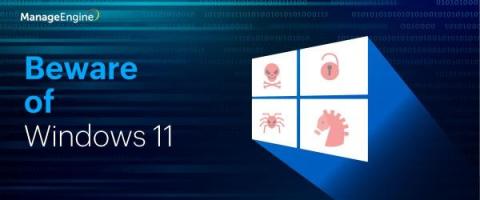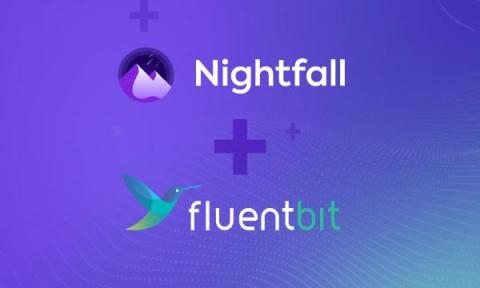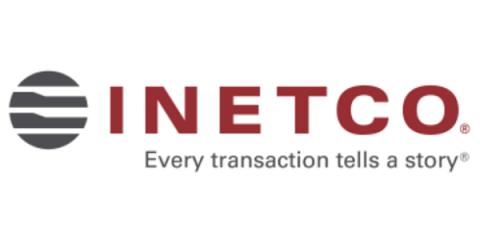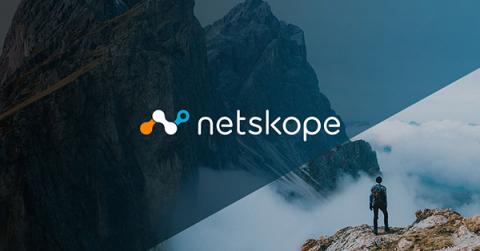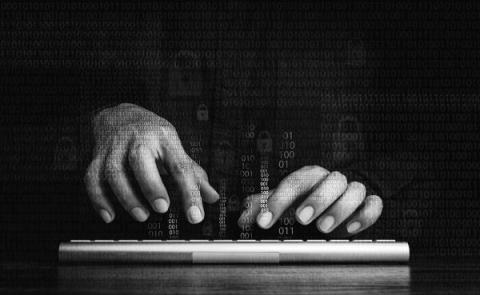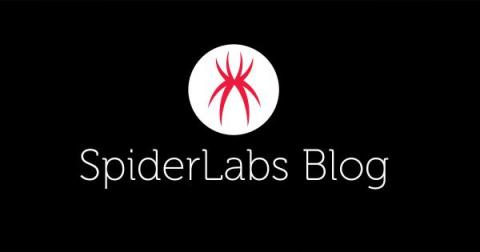What Is CPS 234 and Who Needs to Comply with It?
In November 2018, the Australian Prudential Regulation Authority (APRA) released the Prudential Standard CPS 234 in direct response to the escalating attack landscape in the financial sector. APRA has understood these threats to be the direct result of banking services moving to more complex and heavily used digital platforms. The new Standard emerged as an offshoot to the Notifiable Data Breach Scheme, which came into effect in early 2018.



